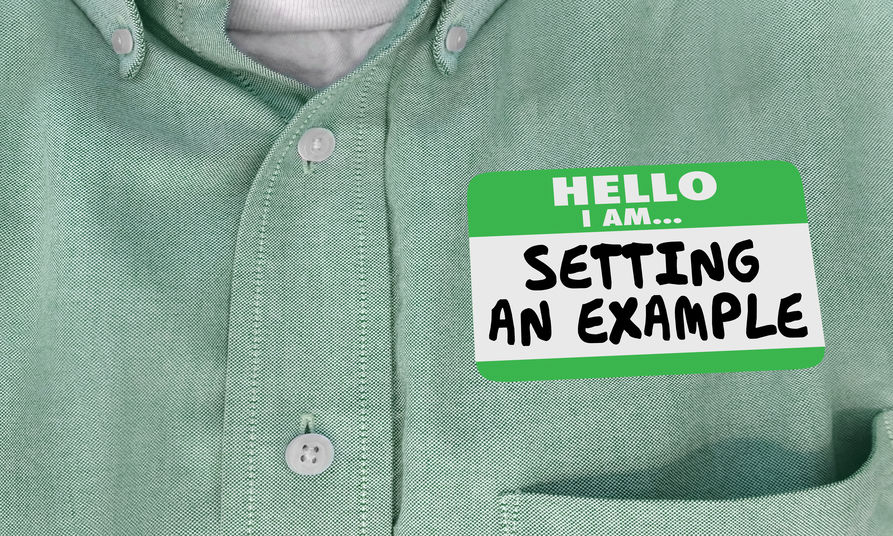Learning from Personal Offenses

When someone offends us, it usually plunges us into an emotional experience. But remaining mindful and learning from personal offenses will serve us greatly.
Learning involves acquiring knowledge and skills and knowing how to be in the world. We grow intellectually, ethically, and socially by engaging with others and exercising patience with other points of view as well as the people who express them.
Emotional Control
Becoming offended invades a person’s learning space. Pridefulness surfaces and we fool ourselves into perceiving injury. Emotional barriers go up and communication disconnect prevails as personal hurt leads to the assignment of motives and blame. “She meant to create that problem because she is jealous.”
As parents and teachers, when a child acts out and throws a toy at a sibling when they’re mad, we acknowledge and then help the child get out of the mad as we want to help them learn to reason and intervene emotion. “Kelly, I see that you’re mad. Let’s sit here until your calmness returns and we’ll go from there.”
As adults, we forget that acknowledging our emotions is key to learning from personal offenses. Instead, we often try to hide our emotions and fool ourselves into thinking we have control of them. Unfortunately, this only allows the offense to fester and plays into our imaginations where entire cases are made up against the person or persons who offended us, showing up later as gossip or shunning.
Healthy emotional control can only be achieved when we acknowledge our emotions, know that we are okay to feel a certain way, and decide how to respond to a situation knowing how we feel. This process allows us to honor how we feel while taking responsibility for any reaction or response to personal offenses.
The Best Lessons in Learning from Personal Offenses
Examining certain situations and learning from personal offenses has led me to one great lesson: there are times when the person offending has no clue they did so. They may have made an off-handed comment without thinking or didn’t consider the way in which they told you something and the way you heard it was offensive.
The bottom line is it never hurts to give others the benefit of the doubt. And if the opportunity presents itself, you might bring it to their attention. For example: “Tom, the other day you said I was ‘the slow kid in the office’ in getting feedback to you. I was offended because I feel I do my best to provide timely, honest feedback. Do you disagree?”
You may be opening a conversation regarding your work performance, so be prepared if it truly is not up to par. But odds are, Tom will react kindly and apologize for his comment because anyone would be offended by what they think is critical, abusive, or disrespectful.
Another great lesson in learning from personal offenses is that we are all doing our best. Someone else’s best may not be high on our scale, but we do not know what else they are facing in a given moment. The essence of etiquette is to create an environment in which you can always learn from others and others can learn from you. Sometimes this means leading by example and showing empathy, understanding, and kindness to someone who has offended you.
“To be offended is a choice we make; it is not a condition inflicted or imposed upon us by someone or something else.”
~ David A. Bednar














